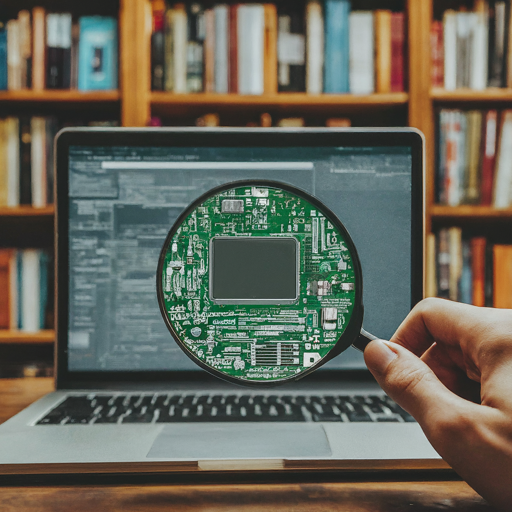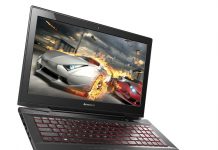In today’s world, laptops are super important for work, fun, and everything in the middle. But picking the right one from all the choices out there can feel overwhelming. Don’t worry! We’ve got you covered with a complete guide to help you find the perfect laptop.
Understanding Your Needs
Before diving into the world of laptops, it’s essential to assess your specific requirements. Are you a casual user who primarily browses the web and uses productivity apps? Or are you a multimedia enthusiast who requires a laptop for video editing and gaming? Identifying your needs will serve as a roadmap for selecting the right device.
Choosing the Right Platform
Once you’ve determined your needs, the next step is to choose the appropriate platform. The three primary operating systems available for laptops are Windows, macOS, and ChromeOS. Windows offers versatility, with a wide range of laptops catering to various budgets and use cases. macOS is renowned for its sleek design and seamless integration with other Apple devices, making it an ideal choice for Apple enthusiasts. On the other hand, ChromeOS prioritizes simplicity and security, with an emphasis on web-based applications.
Size Matters
The size of the laptop plays a crucial role in its usability and portability. Laptops typically come in various sizes, ranging from compact ultrabooks to larger desktop replacements. Consider your usage scenario and mobility requirements when selecting the size of your laptop. Small laptops are light and easy to carry, perfect for people who travel a lot or students. But bigger laptops have a bigger screen, which some people prefer for better viewing.
Specs Demystified
When it comes to laptop specifications, several key factors should be considered:
Processor
Look for a laptop equipped with an Intel Core i5 or AMD Ryzen 5 processor for optimal performance. These processors strike a balance between power efficiency and computing power, making them suitable for a wide range of tasks.
RAM
Ensure that your laptop has at least 8GB of RAM to handle multitasking seamlessly. For more demanding applications, consider opting for 16GB or higher for improved performance.
Storage
Choose a laptop with a solid-state drive (SSD) rather than a traditional hard drive for faster boot times and snappier performance. SSDs offer quicker data access and are more durable than mechanical hard drives.
Display
The display quality is essential for an immersive computing experience. Look for a laptop with a high-resolution screen (1920 x 1080 or higher) and vibrant colors for optimal viewing.
Also Read: Comprehensive guide to exciting data science careers
Battery Life
Battery life is a critical factor, especially if you intend to use your laptop on the go. Aim for a laptop that offers at least 8-10 hours of battery life to ensure uninterrupted productivity.
Graphics
If you’re a gamer or content creator, consider a laptop with a dedicated graphics card for enhanced performance in graphic-intensive tasks. Integrated graphics are sufficient for everyday computing tasks but may struggle with demanding applications.
Ports and Connectivity
Evaluate the port selection on the laptop to ensure it meets your connectivity needs. Look for USB Type-C, Thunderbolt, HDMI, and SD card slots for versatile connectivity options. Additionally, consider the availability of Wi-Fi 6 or 5G connectivity for faster internet speeds.
Brand Reputation and Support
When purchasing a laptop, it’s essential to consider the brand’s reputation for reliability and customer support. Research customer reviews and ratings to gauge the brand’s track record for product quality and after-sales service. Opt for brands known for their responsive customer support and timely warranty coverage to ensure peace of mind.
Budget Considerations
Lastly, establish a budget based on your requirements and financial constraints. Laptops are available across a wide price spectrum, ranging from budget-friendly options to premium models. Determine the features and specifications that are essential to you and allocate your budget accordingly. Remember that investing in a quality laptop is a long-term investment in productivity and convenience.
Also Read: Guide to Future of IoT Connectivity
Verdict
Purchasing a laptop requires careful consideration of various factors, including your specific needs, platform preference, size, specifications, brand reputation, and budget. By following this guide, you can pick a laptop that fits your needs and budget.









